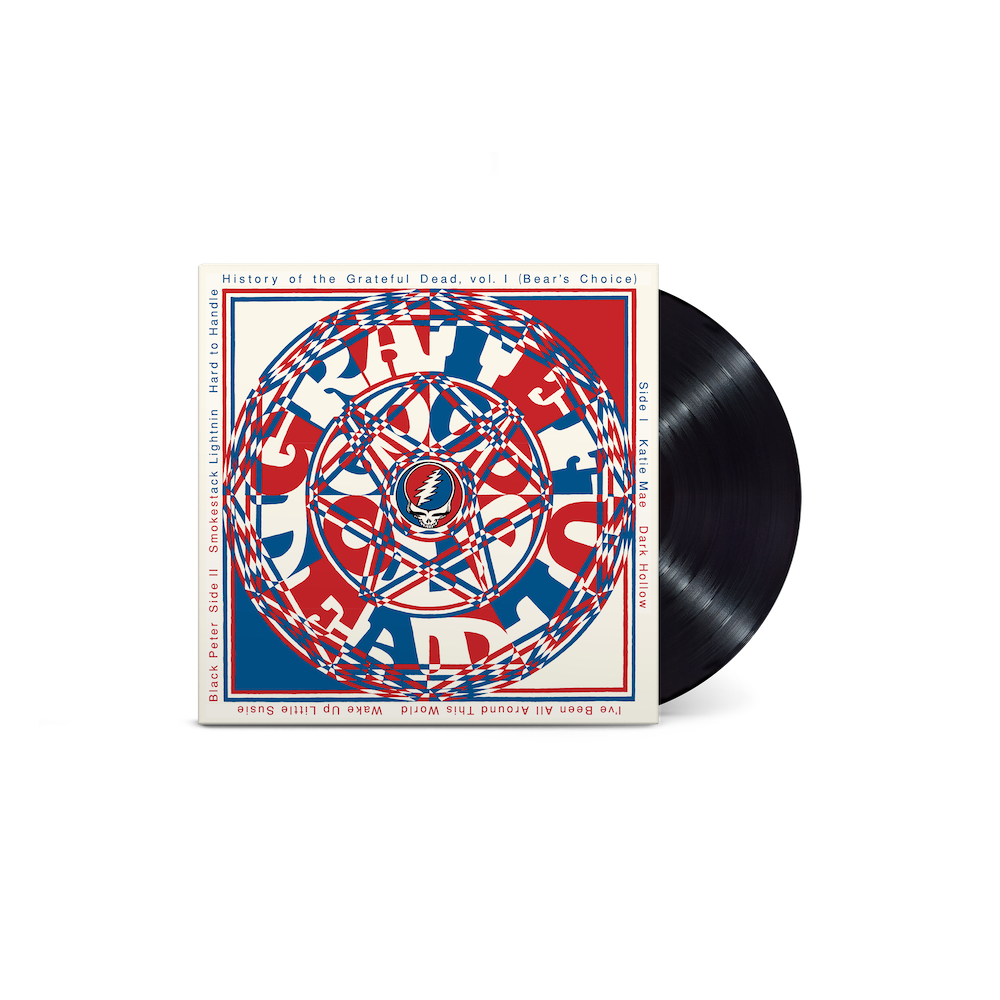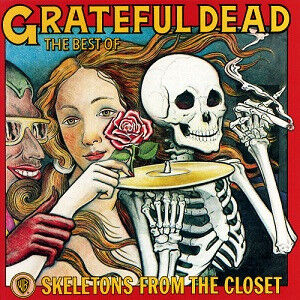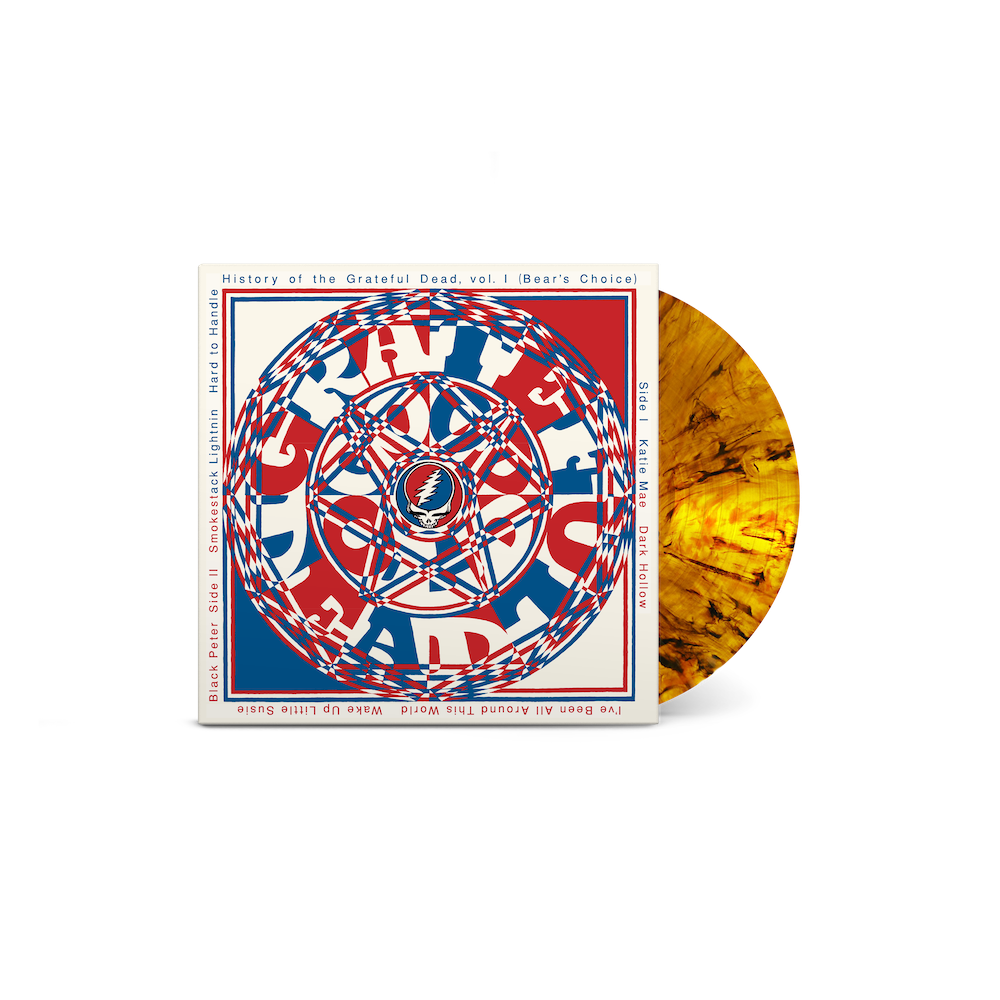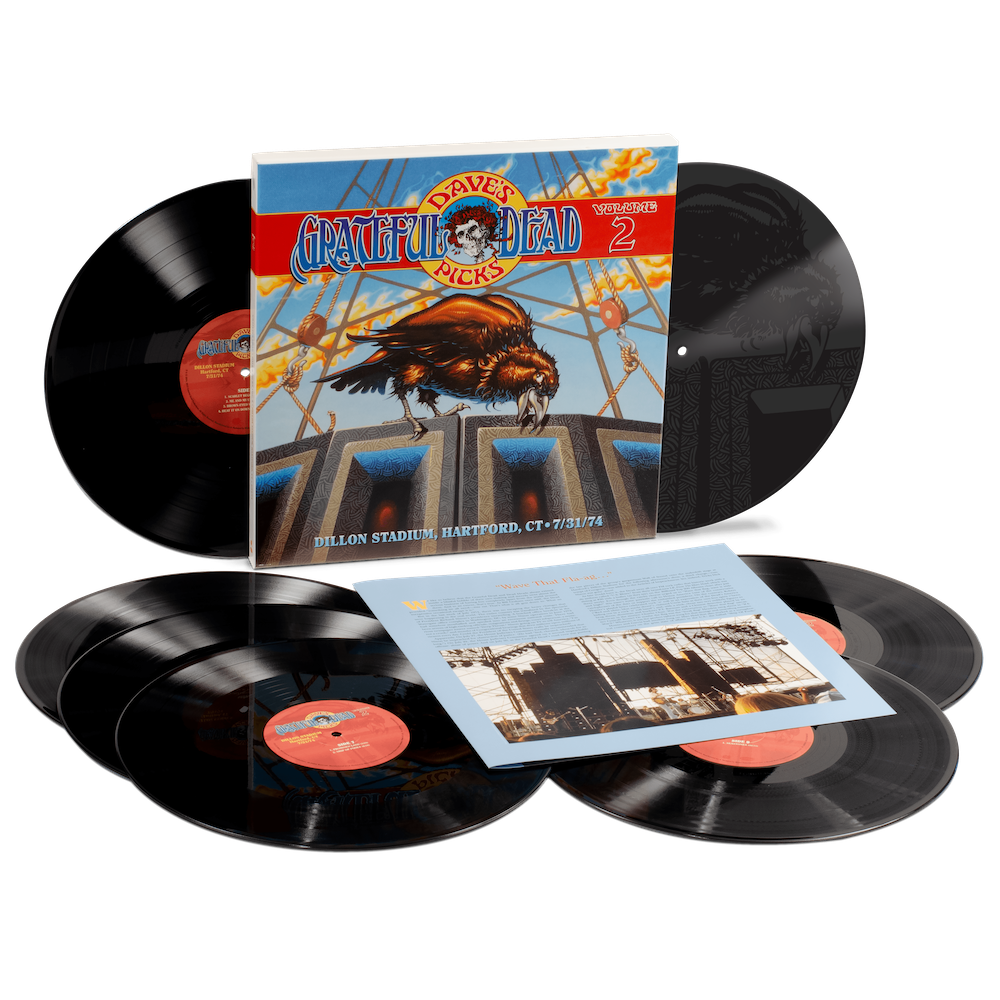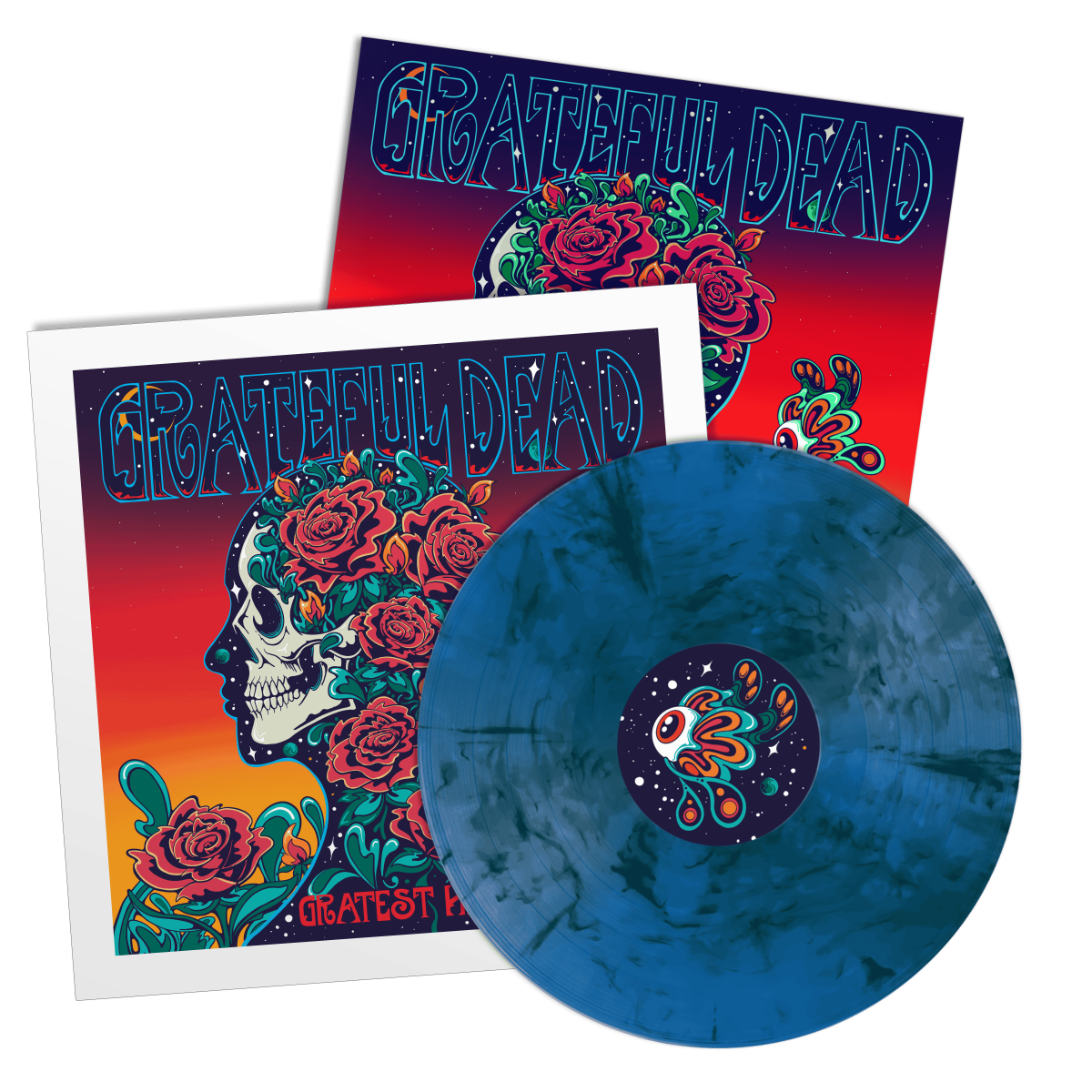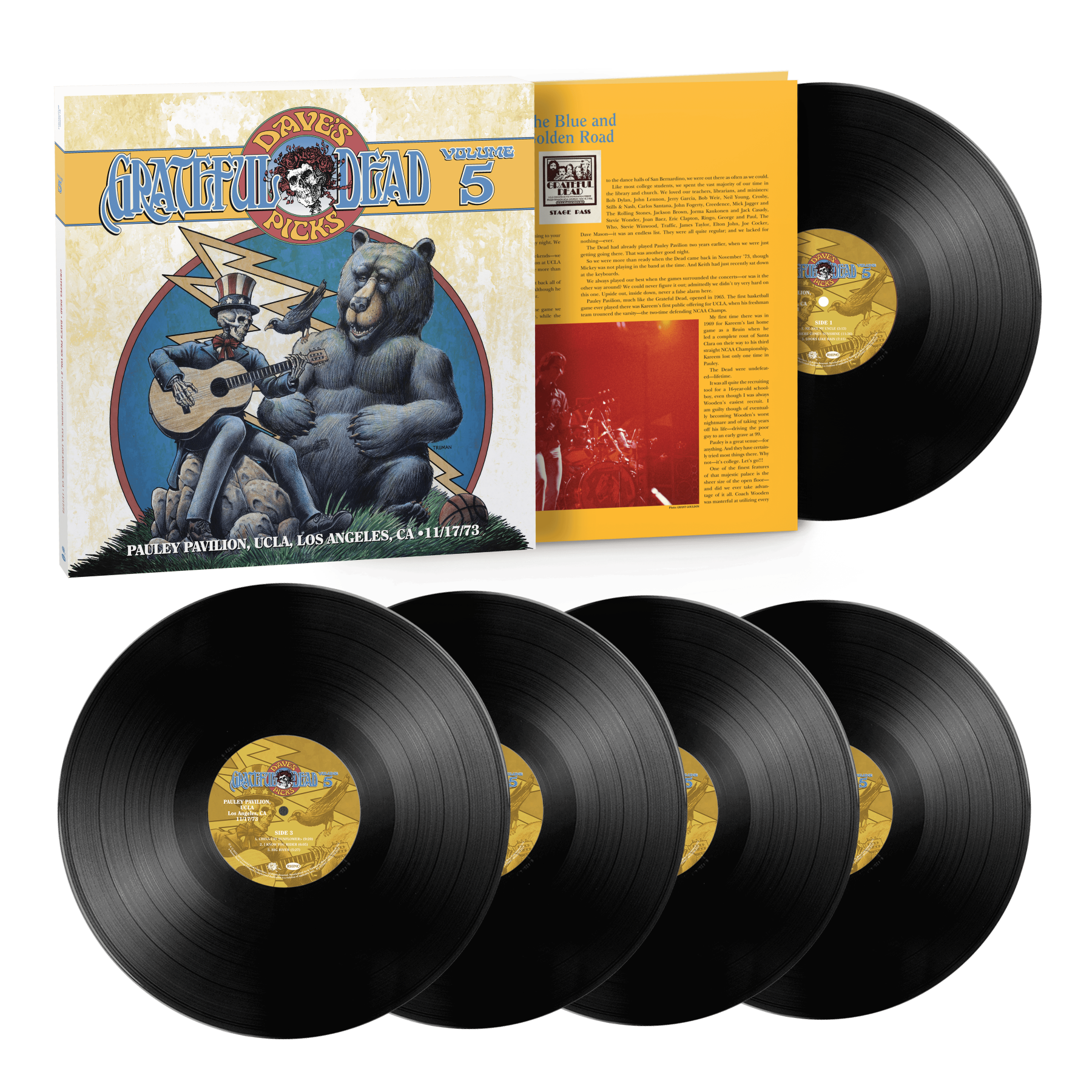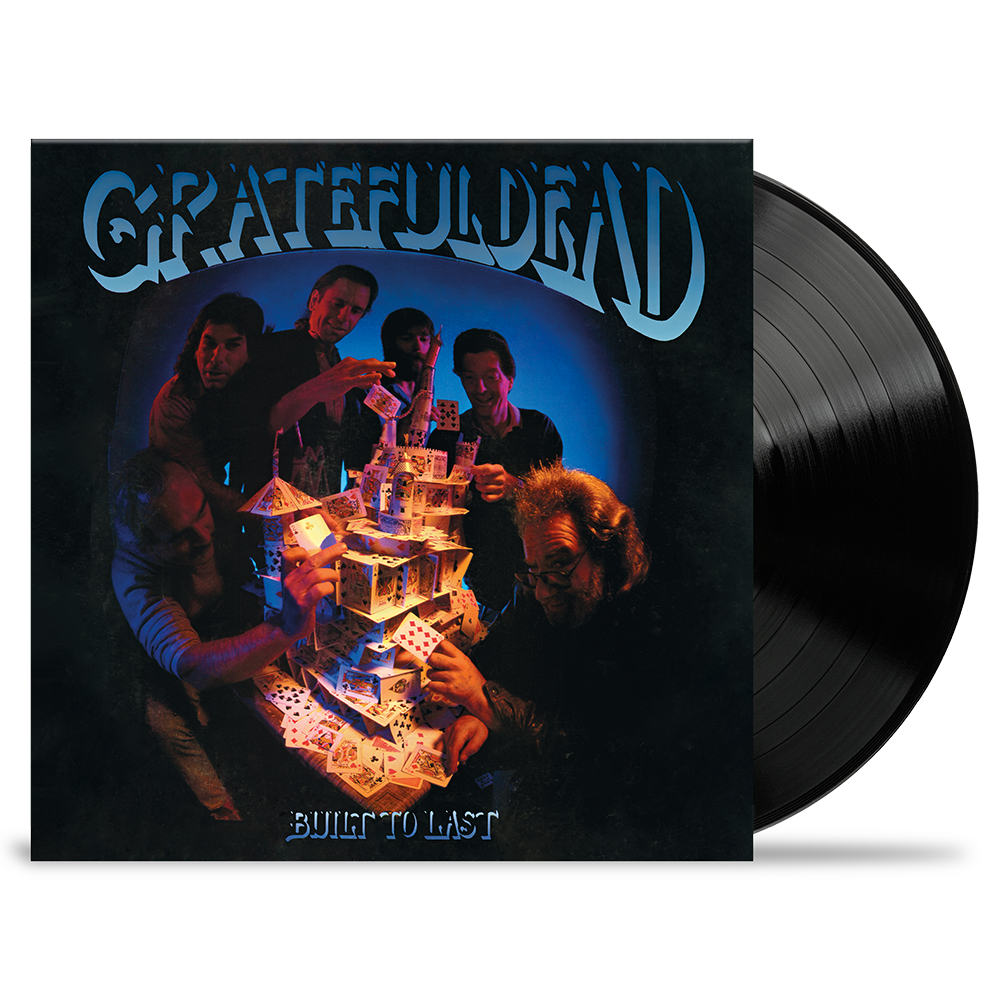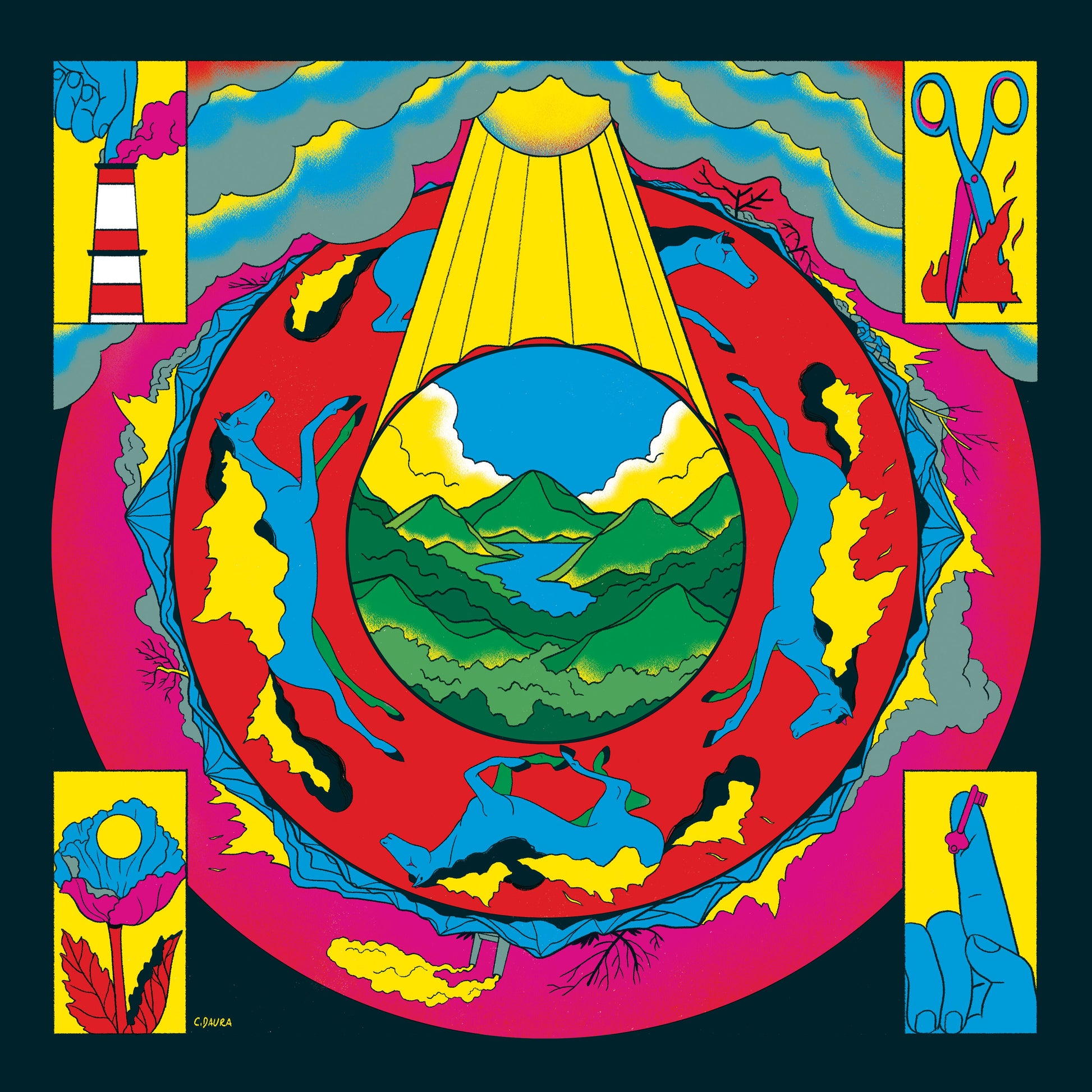No products in the cart.
Return & Warranty
- Your return shipment is free of charge
- 100% Secure payment with SSL Encryption
Shipping
- Production Time: 3-7 business days. This product is made-to-order so the production time will be a little bit longer than usual. Please be patient.
- Shipping Time: 7-15 business days.
- Tip: Buying 2 products or more at the same time will save you quite a lot on shipping fees.
Description
Limited To 7,500
The whole idea was to get back to that band thing, where the band makes the main contribution to the evolution of the material. – Jerry Garcia
BLUES FOR ALLAH is the Dead’s unique vision, a deeply humane parable that framed their own artistic renewal in the most inclusive, expansive terms. Fifty years later, it remains one of their most musically successful and resolutely experimental albums. – Nicholas G. Meriwether, Executive Director of the Grateful Dead Studies Association, BLUES FOR ALLAH (50TH ANNIVERSARY DELUXE EDITION) Liner Note Writer
When the Grateful Dead took a self-imposed hiatus in 1974 after their farewell run at Winterland, they left the road with no clear sense of when—or if—they’d return. A year later, the band surprised everyone when they reemerged with BLUES FOR ALLAH, one of the most forward-thinking, sonically adventurous albums of their career.
The picture disc features a newly remastered version of the original album by GRAMMY® Award-winning engineer David Glasser, sourced from the original analog tapes with speed correction and tape restoration by Plangent Processes.
BLUES FOR ALLAH saw the Grateful Dead attempt something they never had before—and never would again. They would make the record almost entirely without pre-written material.
Working at Bobby Weir’s home studio—just big enough to hold the band and their gear—the sessions took on an intimate, exploratory feel. Robert Hunter was back in the thick of it, writing lyrics on the spot as the songs took shape. Keith Godchaux’s keys gave the album its spacious texture, while Donna Jean’s harmony vocals elevated songs like “The Music Never Stopped.” “Crazy Fingers” became, in Phil Lesh’s words, “a marvelous essay in smoky ambiguity.” The mostly instrumental title suite pushed even further out, with Bill Kreutzmann saying it “bordered on acid-jazz composition.” Mickey Hart’s role was central, weaving percussion—and slowed-down field recordings of crickets—into a rich, immersive tapestry of sound.

![Blues For Allah (50th Anniversary) [Vinyl Picture Disc]](https://store-dead.net/wp-content/uploads/2025/09/blues-for-allah-50th-anniversary-vinyl-picture-disc-s1h39.png)

